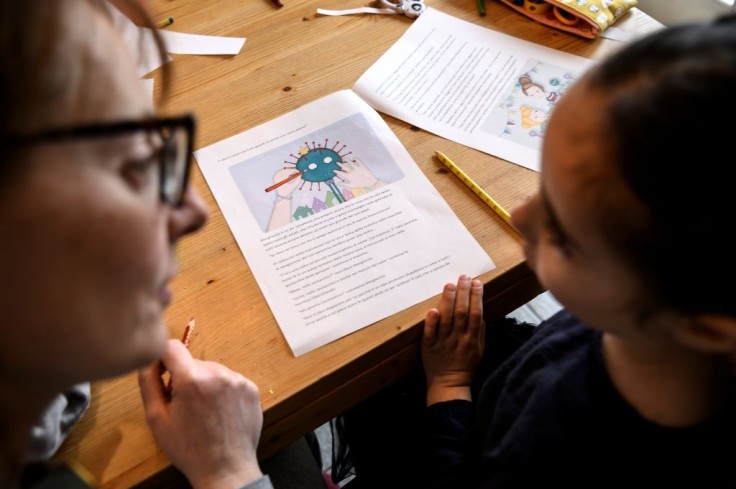
Across the United States, millions of children are diagnosed with attention-deficit/hyperactivity disorder (ADHD). Yet, despite its widespread prevalence, misconceptions abound, often leading to detrimental effects on the well-being of both children and adults with ADHD.
Understanding ADHD
ADHD fundamentally affects executive functioning, which includes the ability to regulate thoughts, emotions, and behavior. According to the U.S. Centers for Disease Control and Prevention, there are three types of ADHD based on dominant symptoms:
- Predominantly Inattentive: Individuals display distractions easily and find difficulty organizing, finishing tasks, and following instructions.
- Predominantly Hyperactive: Individuals often act impulsively, find it hard to remain seated for extended periods, and might take unnecessary risks.
- Combination: Individuals show equally potent symptoms in both categories.
While some children with ADHD may eventually find ways to manage their symptoms so effectively that they no longer meet the disorder's criteria by adulthood, for others, the symptoms persist throughout their lives. Unmanaged symptoms can lead to challenges at home, in educational settings, workplaces, and personal relationships.
Dr. Ned Hallowell, a leading figure in the study of ADHD and someone diagnosed with the condition himself, offers insights into navigating the challenges of raising children with ADHD. His foremost recommendation is to shift perspectives on ADHD. Instead of seeing it as a deficit, it should be viewed as a strength.
Hallowell argues against the traditional label of "attention deficit hyperactivity disorder". In his view, individuals with ADHD don't lack attention; rather, they have an overflow of it. The challenge lies in managing this abundance. He proposes that parents view ADHD as a unique brain difference that can be a source of remarkable strengths, such as creativity, innovation, and entrepreneurial spirit.
Drawing an analogy, Hallowell describes individuals with ADHD as possessing a "Ferrari engine for a brain with bicycle brakes." Rather than seeing ADHD as a deficiency, he likens medications that alter brain chemistry to brake fluid, helping to control the powerful engine.
Sadly, many children with ADHD mostly hear about the disorder's negative side, leading to decreased self-esteem. This negativity stems from the ignorance and stigma surrounding ADHD. By internalizing this negative messaging, they might view their condition as something gloomy and limiting.
However, Hallowell emphasizes the achievements of individuals with ADHD, referencing Nobel Prize winners, inventors, CEOs, athletes, and artists. He believes that acknowledging ADHD as a potential strength rather than an ailment can change the narrative. Yet he doesn't dismiss the challenges of ADHD. Without proper management and understanding, the condition can indeed lead to significant life challenges.
The Role of Coaching in ADHD Management
The key to raising a child with ADHD, according to Hallowell, is coaching. While treatment includes medications and behavioral interventions, children benefit significantly from coaching that enhances their focus, performance, organizational skills, and goal achievement. Though parents often assume the coaching role, Hallowell suggests seeking an external coach well-versed in ADHD to prevent feelings of nagging from the child's perspective.
An external coach, whether a life coach, teacher, or counselor, can help simplify the child's life and guide them towards using ADHD as a strength. Furthermore, while ADHD offers an explanation for certain behaviors, it shouldn't serve as an excuse. It's crucial to instill responsibility and accountability, and coaching can aid in this process.
In conclusion, while ADHD remains a condition without a cure, with the right support, understanding, and perspective shift, individuals with ADHD can not only manage their symptoms but also thrive and excel in various spheres of life.
Related Article: Five Helpful Guidelines for Parenting Children With ADHD